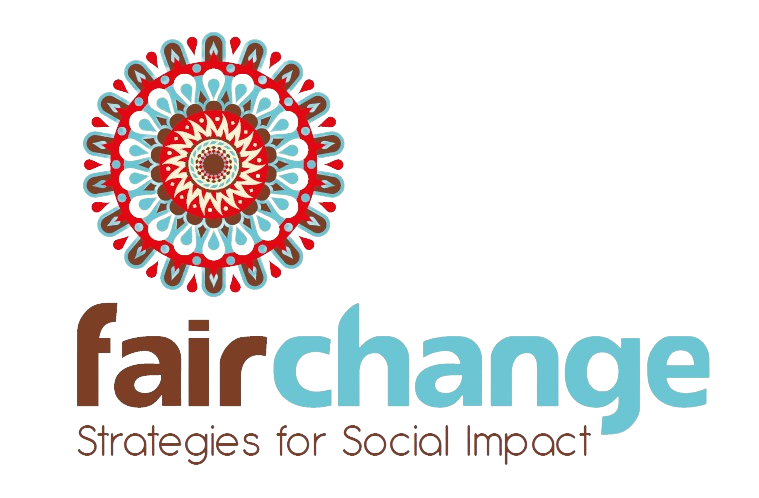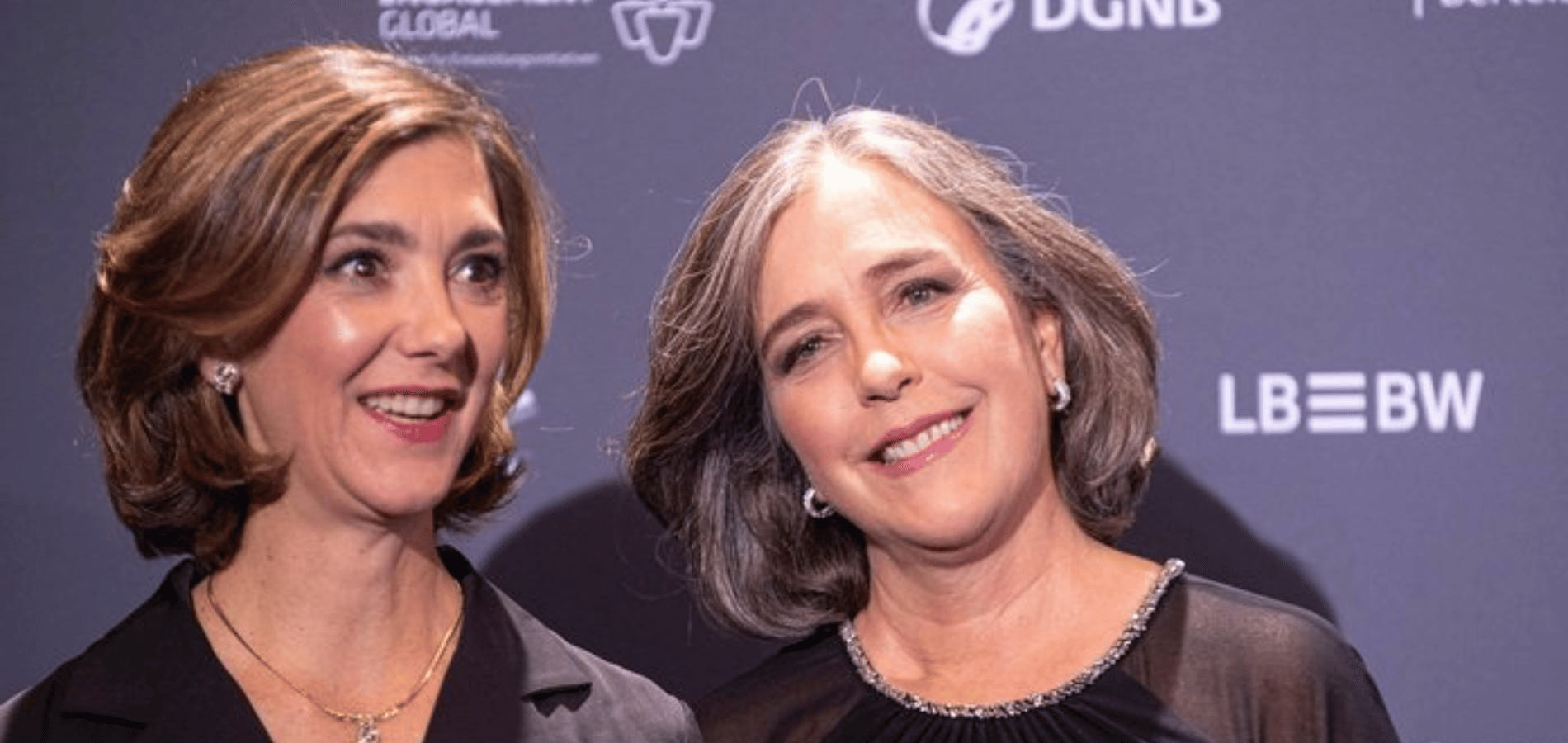Few people know that the creation of the Sustainable Development Goals was initiated by two Colombian women in 2011. Government officials Paula Caballero and Patti Londoño had to overcome skepticism and hostility before finally succeeding in having the 17 SDGs endorsed by all nations in 2015. Now that we’re midway into their implementation and many hurdles appear to block their projected achievement in 2030, the impressive SDG origin story is a source of inspiration. And the most critical Global Goal, according to Caballero today? She has an urgent appeal to businesses and consumers.
This year’s SDG Summit in New York (September 18-19) marks the mid-point of the implementation of the Sustainable Development Goals and the Agenda 2030. The event brings together political leaders and representatives from governments, international organizations, the private sector and civil society, to discuss what has been achieved so far and what still needs to be done.
A new way of measuring development
Few people know that the creation of the universally endorsed SDGs was sparked by two Colombian women in 2011. Paula Caballero, then director for economic, social and environmental affairs at the country’s Ministry of Foreign Affairs, conceived the idea for a new way of measuring development that did not focus primarily on economic growth. Former Vice Minister of Foreign Affairs, Patti Londoño, jumped in to back the ambitious plan.
The systemic-level and inclusive approach to development, which was novel then, made sense to many. However, the process to get other countries to rally around it ‘was long and hard,’ Caballero recalled in an interview in newspaper El Espectador, ‘because our proposal was met with lots of skepticism and hostility.’
Need for a motivating and inspiring agenda
The two government officials and their supporters, including then President Manuel Santos, who soon fell for the idea as well, saw that the world needed a compelling set of joint ambitions for a better future.
Caballero led the Colombian delegation to the Rio+20 summit in 2012. But she was the first to recognize the limited scope of the ‘Green Economy’ that was being negotiated in Brazil. The concept was abstract and controversial to most, she recalled in a 2016 interview in Colombian newspaper El Espectador.
A global push for systemic change was needed. It was time to let go of the widely held belief that economic growth and environmental sustainability were mutually exclusive. The new approach should also tackle food security, ecosystem restoration, resource footprints, social equity, and other global challenges – and do this in a comprehensive and coherent way.
‘We needed an agenda that was motivating and inspiring, a call to action to governments, communities, the private sector – all the actors we need to work together to achieve a real transformation,’ Caballero told El Espectador. In the year preceding the Rio+20 summit, she started drafting a proposal.
Cementing the divides between countries
And who decided what should be on the global agenda? Caballero and Londoño had a disruptive idea about that, too. At the time, the Millennium Development Goals (MDGs) were the talk of the day. Conceived by the UN in 2000 and addressing topics such as the HIV/AIDS epidemic, which was cruelly taking the lives of people around the world, they were set to be achieved by 2015.
However, the Millennium Development Goals were invented by only a small number of nations. And instead of uniting, ‘the MDGs in fact cemented the divide between countries,” Caballero and Londoño write in their 2022 book Redefining Development.
The predecessors of the SDGs were basically Western-centered. It was assumed that development was something poor countries had to catch up with. Rich countries were leading the way. According to Caballero, this was a hopelessly outdated view, even at the time. ‘There was no space to acknowledge shared issues – such as deep pockets of poverty in developed countries – or to tackle the threats to the global commons,’ she adds in the book she co-authored with Londoño.
Leaving behind paternalism
But not everyone was waiting for emerging countries such as Colombia to claim a seat at the table and co-design the new roadmap for global growth.
‘This was a call to leave behind a fundamentally paternalistic agenda, where “developing” countries were the ones that needed to act, to move on to an agenda of shared responsibilities, in which everyone has to act,’ Caballero told El Espectador. ‘That was revolutionary.’
With several Latin American countries joining the novel development plans, step by step, the Colombian proponents of the sustainable global goals built up a critical mass that eventually managed to win over a majority of countries. A long international negotiation process started. This, in turn, led to the Agenda 2030 for Sustainable Development and its 17 SDGs, approved by the international community in 2015 – the end date of the MDGs.
The rallying cry of true believers
A clear purpose and a firm belief in the need and the possibility for change turned one woman’s inspiration into the rallying cry of a handful of true believers from a country that was hardly on the global policy map – and finally, into the universal action plan that drives the efforts of governments, civil society organizations and businesses around the world.
In the alumni magazine of Brown University, Caballero’s alma mater, the inspirator behind the SDGs recalls how her upbringing and young adulthood in her troubled home nation refined her sense of justice. ‘Colombia for many years was seen as close to a failed state,’ she says. ‘There were some pretty desperate and dark periods.’
The country is unique for its biodiversity and lush nature. Sadly however, inequality, corruption, drug trafficking and armed violence dominated life in the late 80s and 90s. For most politicians and the general public, eco-awareness was nowhere near the horizon.
But according to Brown magazine, Caballero fought to save street trees in Bogotá, while her house became a way station for rescued cats and dogs. She resigned from her government job because of presidential corruption. ‘The conflict, the beauty, all of it came together as an understanding that this can only be understood in a wholly integrated way,’ Caballero adds.
Change production and consumption patterns
Throughout her life and career, Caballero has stayed true to her passion for a healthy environment. Today, she is managing director Latin America at The Nature Conservancy.
So it may come as a surprise to hear which of the 17 SDGs is the most pressing one, in her opinion. In a 2022 interview with El Espectador she does not point to the environmental goals.
‘I’ve always said that the mother of all the SDGs is number 12: Consumption and production,’ she states. ‘If we change production patterns, if we change the decisions we make as consumers – what we eat, how we dress, what kind of politicians we vote for, because that is also part of our consumption patterns – this will have a transcendental impact on all other SDGs.’
The clock is ticking
Midway into the implementation of the SDGs, some may feel that there is more reason for pessimism than hope. Most of the targets behind the 17 SDGs are not nearly on schedule and the combined effects of a global pandemic, war, climate change and economic recessions have even resulted in serious setbacks. New hurdles are looming while the clock is rapidly ticking towards the 2030 deadline.
But Caballero is not one for giving up. In El Espectador she warns we must not take ‘2030’ as something set in stone. ‘Of course, we will not achieve all SDGs by that date,’ she says. ‘But we have a strong framework to build on going forward. The question should not be whether we will meet the SDGs by 2030, but whether we are on track for the world we need in 2050.’
Instead of paralyzing us with despair, the urgency of the issues we face should fuel our passion. Caballero’s story and that of the supporters she gathered around an idea that seemed out of this world back in 2011 is a source of inspiration for all of us today.
Photo: Paula Caballero (right) with Patti Londoño: Honorary Prizes of the German Sustainability Award, November 22, 2019, in Dusseldorf (credits: Alamy).
Notes and resources
United Nations Development Project (UNDP) reports launched in September 2023 show that in the last three years, 72 out of the 95 developing economies under review increased their carbon emissions, with 38 of them exceeding a 10% increase. At the same time, only 1 in 5 countries reduced poverty levels since 2019, while poverty either remained the same or increased in 72 out of 95 countries. – UNDP: Tight fiscal and financial constraints are driving growth-at-all costs https://www.undp.org/press-releases/tight-fiscal-and-financial-constraints-are-driving-growth-all-costs-according-united-nations-development-programme-collaboration-95
El Espectador (June 2016): Detrás de bambalinas de los ODS – https://www.elespectador.com/ambiente/detras-de-bambalinas-de-los-ods-article-635671/
El Espectador (March 2022): Paula Caballero, la colombiana que hizo de los ODS una agenda mundial – https://www.elespectador.com/ambiente/paula-caballero-la-colombiana-que-hizo-de-los-ods-una-agenda-mundial/
Brown Alumni Magazine (September-October 2022): 17 Steps to Save the Planet – https://www.brownalumnimagazine.com/articles/2022-08-30/caballero-sustainable-development-goals-17-steps-to-save-the-planet
Nature (September 2023): Bucking the system: the extraordinary story of how the SDGs came to be – https://www.nature.com/articles/d41586-023-02807-y
Paula Caballero with Patti Londono (2022): Redefining Development: The Extraordinary Genesis of the Sustainable Development Goals. ISBN: 978-1-955055-25-3
United Nations – UN Web TV: Redefining Development: The Extraordinary Genesis of the Sustainable Development Goals – https://media.un.org/en/asset/k1v/k1vixlbda0
UN Sustainable Development Goals – Goal 12: Ensure sustainable consumption and production patterns – https://www.un.org/sustainabledevelopment/sustainable-consumption-production/
United Nations: Take Action for the Sustainable Development Goals – https://www.un.org/sustainabledevelopment/sustainable-development-goals/
UN Department of Economic and Social Affairs: Transforming our world: the 2030 Agenda for Sustainable Development – https://sdgs.un.org/2030agenda
UN High-Level Political Forum on Sustainable Development: SDG Summit – https://hlpf.un.org/sdg-summit
United Nations Conference on Sustainable Development, Rio+20 – https://sustainabledevelopment.un.org/rio20
Did you like this blog post? Subscribe to Purpose & Impact Now and you’ll be the first to receive new articles, tools and tips to do business with a higher purpose and grow your positive impact. Yes! Put me on the mailing list.

